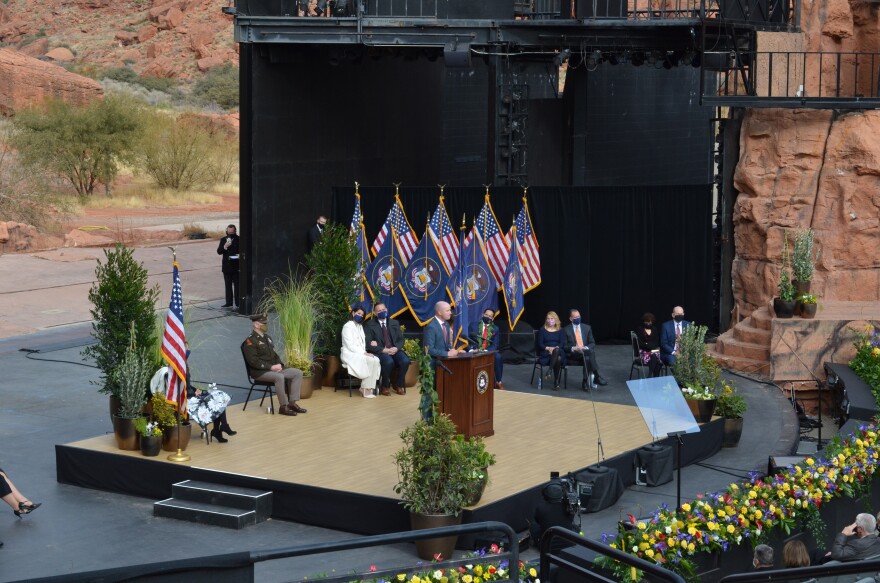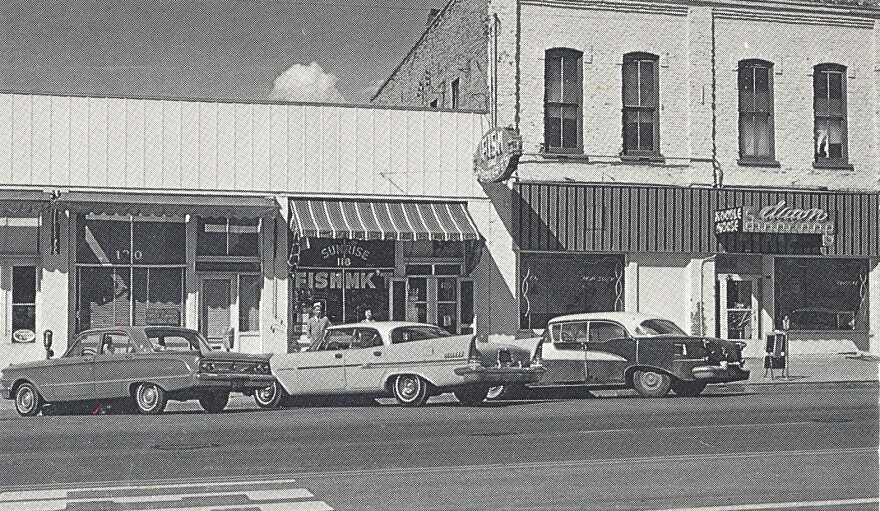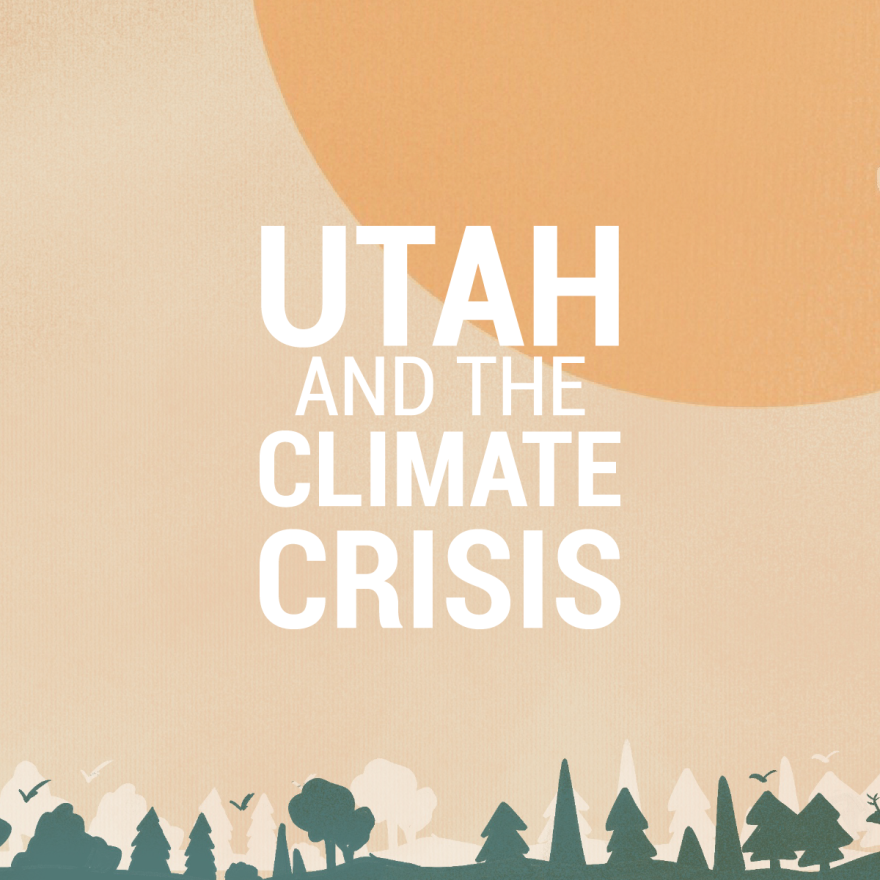January: New governor, Capitol insurrection and Watkins exit

The year 2021 started off with a change in Utah leadership, as Gov. Spencer Cox was sworn in as the state’s first new governor in a decade. He joined Lt. Gov. Deidre Henderson, Attorney General Sean Reyes and other newly elected officials in a ceremony in Ivins.
While Cox’s ascension to office was a smooth transition, two days later the country was faced with an insurrection at the U.S. Capitol as Congress gathered to certify the results of the presidential election.
Utah’s Congressional delegation issued strong rebukes of the events on Twitter calling it “un-American” and saying “we are better than this.”
January’s theme of leadership change held true in higher education as University of Utah President Ruth Watkins she would be stepping down in April, leaving behind a mixed legacy.
February: Avalanche deaths, Paris Hilton and trangender sports bill

February started out on a tragic note when four backcountry skiers died in an avalanche, the deadliest one since 1992. The high avalanche danger was a result of a dry November and December that created weak layers of snow.
The legislative session was in full swing in February. Paris Hilton flew in to push for a bill cracking down on Utah’s troubled-teen industry. It prohibits programs from sedating residents or using mechanical restraints, like a straitjacket, without the state’s prior authorization, among other things. It flew through the Legislature with unanimous support.
A transgender school sports bill generated much more controversy. It would have banned transgender girls from competing in school sports. Gov. Spencer Cox tearfully explained during a press conference that he would veto the bill because it could be detrimental to transgender kids’ mental health. The legislation was defeated soon after that.
March: Atlanta spa shootings, COVID anniversary and Kozo house

As the first quarter of the year wrapped up, Utahns and Asian-Americans dealt with the tragic Atlanta spa shootings — eight people were killed, six were Asian women. It shed a light on the increase in racially motivated attacks the AAPI community had endured over the past year.
March also marked the year anniversary of the COVID-19 pandemic in which we spent a year apart. KUER reflected on how the virus affected everything from politics to tourism and day-to-day life.
The month ended with residents of Salt Lake City’s west side engaged in a fight against a proposed apartment complex — the Kozo House. The development was set to displace a number of residents who were forced to find somewhere new to live for an affordable price.
April: Bears Ears visit, Vicky Chavez and Derek Chauvin verdict

Ever since the Trump administration shrank Bears Ears and Grand Staircase national monuments, tribal groups had been fighting to get it restored. But elected officials in Utah wanted to be involved in the process. New U.S. Interior Secretary Deb Haaland visited the monuments in April, signaling that a major decision was near.
Meanwhile, further north in Salt Lake City, Vicky Chavez, a Honduran mother who had been living inside a church for three years as an undocumented immigrant, took her first steps of freedom. It came as the U.S. Immigration and Customs Enforcement granted her stay of removal.
Once again a national news story trickled into Utah as Derek Chauvin, the former Minneapolis police officer, was found guilty in the murder of George Floyd. Former and current elected officials showed their support on Twitter saying justice has been served.
May: Manti Temple murals, Japantown and Jazz playoff run

As spring warmed up, residents in Sanpete County celebrated the preservation of murals in the Manti Temple. Many residents and members of The Church of Jesus Christ of Latter-day Saints, rallied against the removal of the renowned mural by artist Minerva Teichert. Church officials heeded their calls.
May also brought with it the remembrance of Salt Lake City’s Japantown. It used to be a thriving, bustling town but has since been reduced to a single street in the downtown area. Now, the revitalization community is working to properly recognize its legacy.
Meanwhile in sports, the Utah Jazz had a hot streak of their own. The team entered the playoff with the NBA’s best record for the first time since the 1990s. Though, the celebration was short lived as the number one seed in the West fell in the second round of the playoffs to the Los Angeles Clippers.
June: Fireworks and drought, critical race theory & Native American boarding schools

By June, Gov. Spencer Cox was warning Utahns the state’s historic drought was “worse than you think.” And while he said he couldn’t legally ban fireworks he urged people to take personal responsibility as summer holidays rolled in.
As dry conditions intensified, so did the debate over teaching Critical Race Theory. Many viewed it as indoctrination while others viewed it as a lense through which to view how U.S. laws and policies have favored white people.
Another dark part of history was also uncovered this month with the discovery of more than 750 unmarked graves found at a residential school for Indigenous children in Canada — that came after more than 200 were found in May. Navajo Nation President Jonathan Nez reflected on what that meant to his community.
July: Drought intensifies, ranked-choice voting & summer Olympics

The overarching theme of the summer was the drought. As conditions worsened, more Utahns took it upon themselves to report wasteful water users. The Utah Water Hall of Shame had been around since 2017, but more than 80% of complaints received came this year. Gov. Cox also went on national television to address the situation calling for better water storage.
On the politics front, about 20 cities decided to try out ranked-choice voting. But election officials questioned if now was the best time given confidence in election security was already so low.
After being pushed back a year due to the pandemic, Tokyo finally hosted the summer Olympics. It was a shell of itself as few people were allowed to attend outside of coaches and teammates, but Utah was represented by former Ute gymnast MyKayla Skinner.
August: University of Utah president, redistricting & Parleys Canyon fire

The University of Utah kicked off the month by filling its vacant president seat. The U named Taylor Randall as its new leader. He was named dean of the university’s business school in 2009.
August also marked the start of redistricting season. Once census data was released, Utah lawmakers were tasked with drawing the boundaries for new political maps including Congressional seats and state House and Senate districts. It’s a process that happens once every 10 years.
Some Utahns saw the full effects of a prolonged drought in the summer months as the Parleys Canyon fire burned along I-80 near Summit County. It forced about 8,000 homes to be evacuated as firefighters sought to contain the flames.
September: Afghanistan refugees, remembering 9/11 & Aaron Lowe death

Fall quickly arrived and so did refugee resettlement efforts in Utah. After the situation in Afghanistan escalated back in August, Gov. Spencer Cox announced Utah would be a destination for refugees. Salt Lake City community members were swift in their preparations as they began to receive newcomers.
September also marked a month of grieving as some remembered the 20-year anniversary of 9/11. The University of Utah community restarted their journey towards healing after the loss of another student athlete — Aaron Lowe.
Lowe marked the fifth U student killed in the past five years. He was a sophomore at the U and the recipient of the Ty Jordan scholarship — a former student who was also killed last Christmas.
October: National monuments restored, Democratic party investigation & Vivint Arena vaccines

Depending on which side you were on, October started with good news as President Joe Biden restored Bears Ears and Grand Staircase-Escalante national monuments, reversing the Trump administration’s decision. While tribal leaders praised the move, Utah’s all Republican Congressional delegation released a letter opposing it.
The Democratic party saw a saga of its own finally come to an end as a four and a half year investigation into harassment claims wrapped up. While some of the women couldn’t speak due to confidentiality agreements, one came forward to reveal she left the party because of how her case was handled.
Some say October is the best time of the year due to the fall weather and the return of sports. And while the Jazz’s season was set to kick off, Vivint arena’s new rule requiring the COVID vaccine or a negative test got its first major test. Officials said that night, mostly everyone was compliant.
November: Historic mayoral elections, KUER climate series & book bans

While the elections weren’t nearly as consequential as the presidential one the year before, Utah did see some history made on the local front. Four women across the state were voted in as their towns first female mayor.
The year wouldn’t end without more drama and controversy in Utah schools. As people moved on from CRT, parents began calling for some books to be removed from school libraries due to inappropriate material. That sparked a number of debates over censorship and representation as most of the books were about people of color of the LGBTQ community.
KUER also took some time to look at the effect climate change would have on the state. In our latest series, we examined how a hotter, drier climate would impact everyone from the ski industry to farmers and everyday workers.
December: Omicron arrives, Japanese internment memorial & Arches reservation system

The COVID pandemic had its tentacles throughout 2021 just as it did 2020. And the last month of the year saw the introduction of yet another variant: omicron. Utah got its first case just weeks before Christmas. While little is known about it, health officials believe it is more contagious than the delta variant. Vaccines' effectiveness against it is still unclear.
But that didn’t stop some of Utah’s Japanese-American community from remembering the perils of what happened at an internment camp, after the Topaz Museum removed a memorial to a former prisoner.
Still, December left Utahns with something to look forward to next year at one of its most popular destinations: Arches National Park. Officials announced beginning in 2022, a timed reservation system would be coming to the park to help more evenly distribute crowds throughout the day. While some businesses originally pushed back on the idea, most all comments toward the end were supportive.
KUER's Sonja Hutson and Ivana Martinez contributed to this piece.


